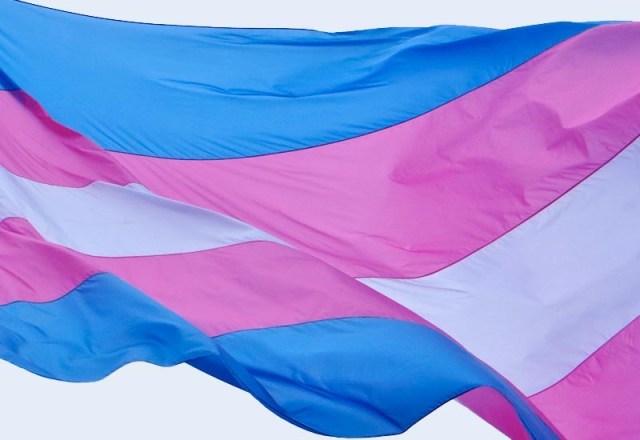Viewing the world through the lens of intersectionality – a concept coined by Kimberle Crenshaw – shows us that some groups of people have privilege. The categories of those who have privilege include men, cis gender people, heterosexual people, white people, wealthy people and able-bodied people. Chances are you will belong to at least one of those groups. In contrast to privilege, there are groups which experience discrimination and disadvantage. These groups include People of Colour, Disabled people, women, trans and gender diverse people, poor people and those who have a non-heterosexual sexuality. There are other groups which face disadvantage – this is not an exhaustive list. Privilege means that you will have less – or no – barriers to succeeding in domains of life like work and education. Being privileged does not mean your life will be free from hardship. It is more a structural issue than an individual one. So a white, cis gender, able-bodied, heterosexual man will most likely be free from discrimination in employment but this does not mean he won’t have any challenges in his personal life.
Like most of us, I belong to a few disadvantaged groups and a few privileged ones. The privileged groups I belong to are white people, middle class people and Australian citizens. I have always hated my privilege, even at a young age I didn’t like the advantages that came with the privileged groups I belonged to. I used to feel very guilty about being white or being wealthy. Recently I learned that guilt about your privilege is actually really unhelpful. It doesn’t achieve anything in the struggle to make a more inclusive world and it commits the cardinal sin of diversity – that of making it ‘all about me’ as a privileged person.
So if guilt is unhelpful, what should we do about our privilege?
I think the first thing is to acknowledge and understand the privilege and what it means. Learn about intersectional issues, listen to the stories and experiences of people in disadvantaged groups. Become aware of your privilege. Also become aware of your biases. Often our biases are unconscious but we can still observe our attitudes and behaviour and call ourselves out if we see any biases. One way of noticing bias is looking out for if you are stereotyping and making assumptions about a particular group.
Another thing which isn’t helpful around privilege and bias is the attitude of ‘but I’m always nice’. Nice will not save the world. I mean being nice to people is certainly not a negative thing but if we think we are saving the world by having a friend from a diversity group that we don’t ourselves belong to then we have got something wrong. Certainly be nice but that is the very first step on the journey to my mind. It also should be a given ro respect people from any group.
Don’t hate your privilege but do check it. I had a friend say they would have had housing issues if their parents hadn’t purchased a house for them! That is a situation where checking of privilege would probably have been appropriate. Checking your privilege can become a useful habit. Being aware that not everyone has the same opportunities that you do is a good place to start.
You can actually use your privilege in a positive way as an ally. Often people in a privileged group who are not inclusive will only listen to others in their group. As an ally you can be the person they listen to and in that way you can help to change their mindset. Genuine allies are a very useful thing indeed.
I have an example of privilege which relates to the idea that people in positions of privilege don’t always have any concept of what that means. I have a friend who used to work for a company that put on events. Her manager – a white, cis gender, heterosexual, able-bodied man – gave my friend a list of speakers for a conference that he had created. My friend – a woman from a refugee background – took one look at the speaker list and said ‘you have no women here, no People of Colour…’ The manager was astounded at this perspective and asked my friend how she knew all this information on diversity. The manager probably wasn’t being deliberately exclusionary. He simply didn’t have any experience of not being privileged. He picked speakers who were like him – a very common action from a person occupying a position of privilege.
Privilege is just part of society but it is extremely important to be aware of it and check ourselves to ensure our privilege is not causing us to be prejudiced, biased or disrespectful. I find intersectionality to be an excellent way of understanding the world, especially given that I belong to many intersectional groups and work in the diversity and inclusion space myself. However, it is a useful way of approaching life for all of us.

